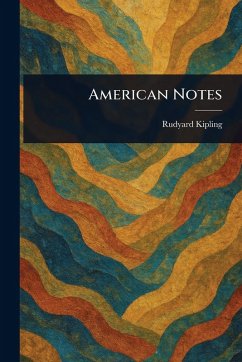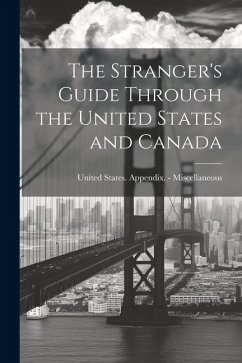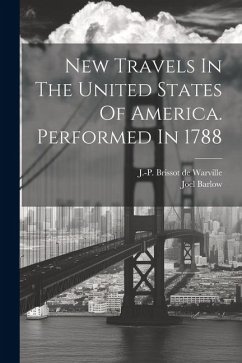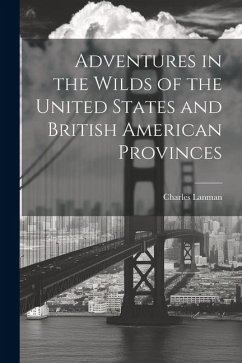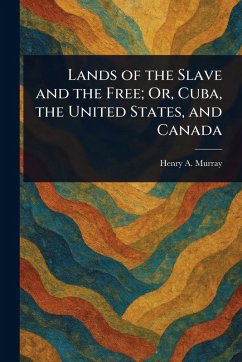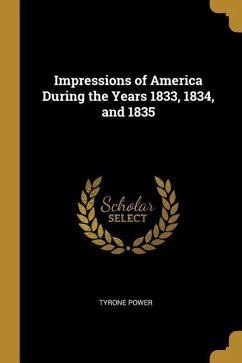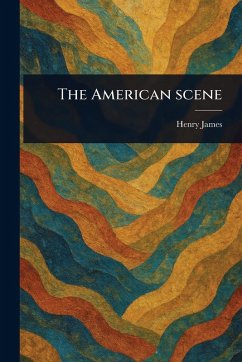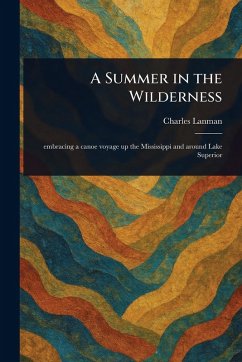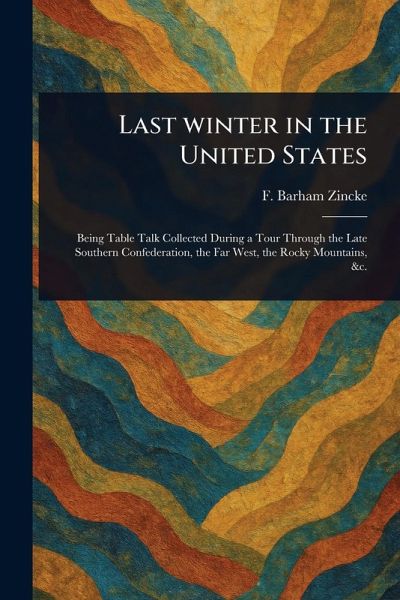
Last Winter in the United States

PAYBACK Punkte
10 °P sammeln!
Venture back to the 19th century United States with Foster Barham Zincke's "Last winter in the United States." This insightful travelogue offers a unique glimpse into the social life and customs of a nation undergoing profound transformation in the years following the Civil War. Zincke's observations, presented as "table talk," capture the essence of American society across diverse regions. Journey through the late Southern Confederation, explore the vast expanse of the Far West, and ascend the majestic Rocky Mountains, all from the perspective of a keen observer documenting his experiences. M...
Venture back to the 19th century United States with Foster Barham Zincke's "Last winter in the United States." This insightful travelogue offers a unique glimpse into the social life and customs of a nation undergoing profound transformation in the years following the Civil War. Zincke's observations, presented as "table talk," capture the essence of American society across diverse regions. Journey through the late Southern Confederation, explore the vast expanse of the Far West, and ascend the majestic Rocky Mountains, all from the perspective of a keen observer documenting his experiences. More than just a travel narrative, this book provides valuable historical context for understanding the United States during a pivotal period. It is a window into the everyday lives, beliefs, and evolving identities of Americans as they navigated a rapidly changing world. Experience the United States of the 19th century through the eyes of a traveler in "Last winter in the United States." This work has been selected by scholars as being culturally important, and is part of the knowledge base of civilization as we know it. This work is in the public domain in the United States of America, and possibly other nations. Within the United States, you may freely copy and distribute this work, as no entity (individual or corporate) has a copyright on the body of the work. Scholars believe, and we concur, that this work is important enough to be preserved, reproduced, and made generally available to the public. We appreciate your support of the preservation process, and thank you for being an important part of keeping this knowledge alive and relevant.






